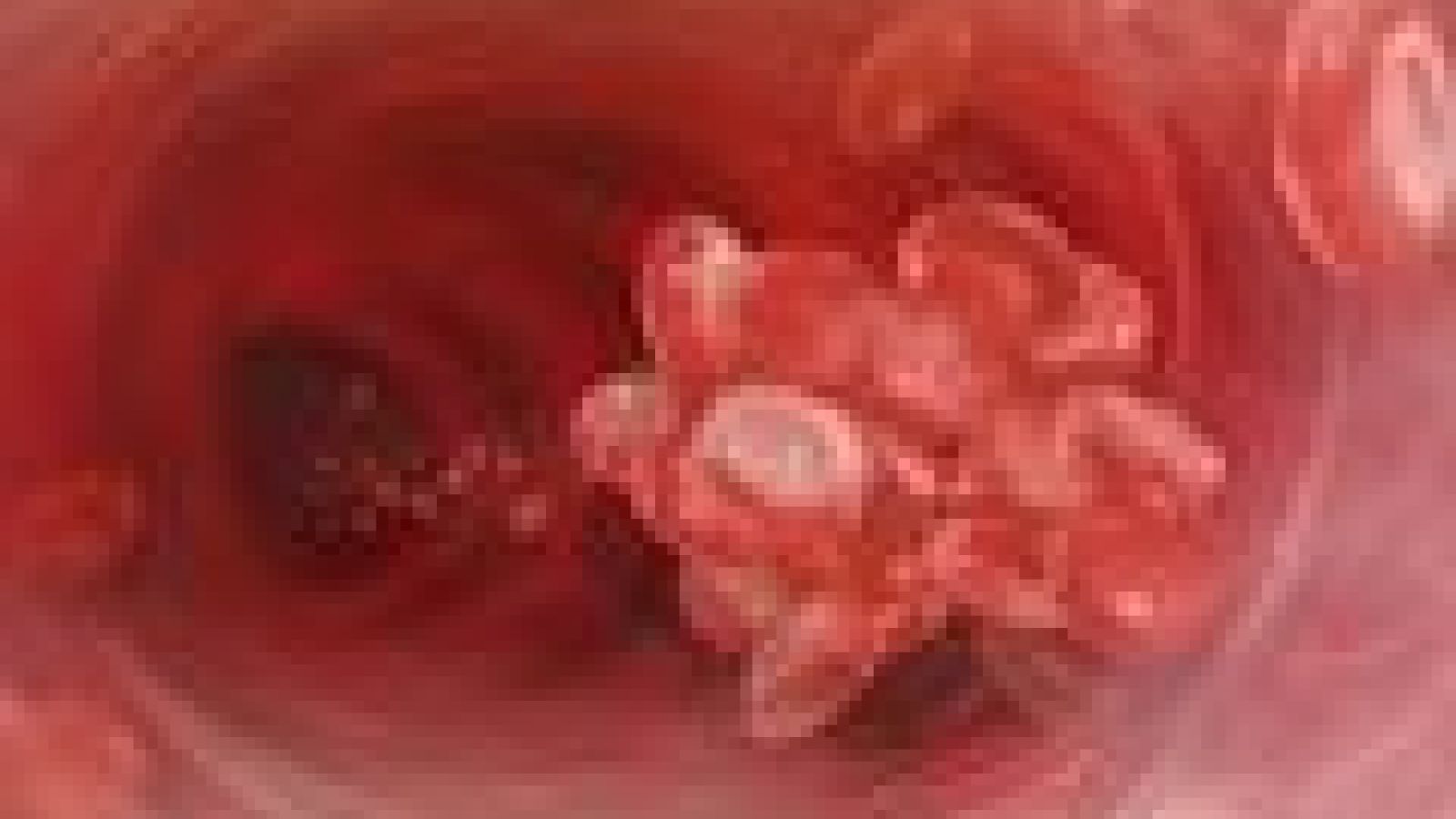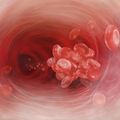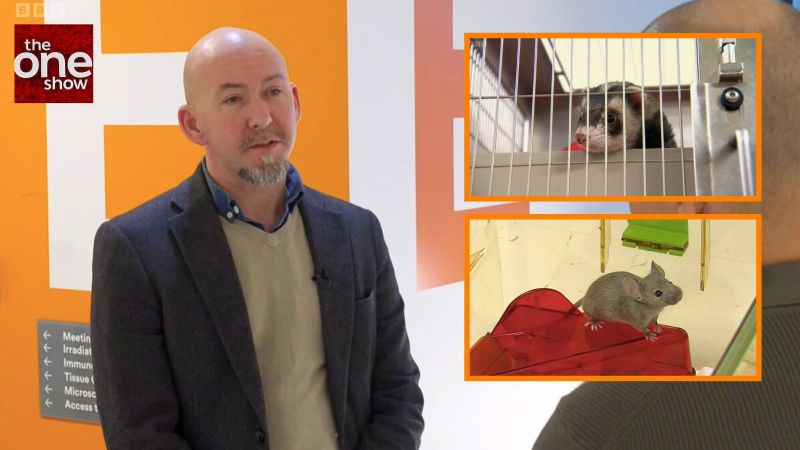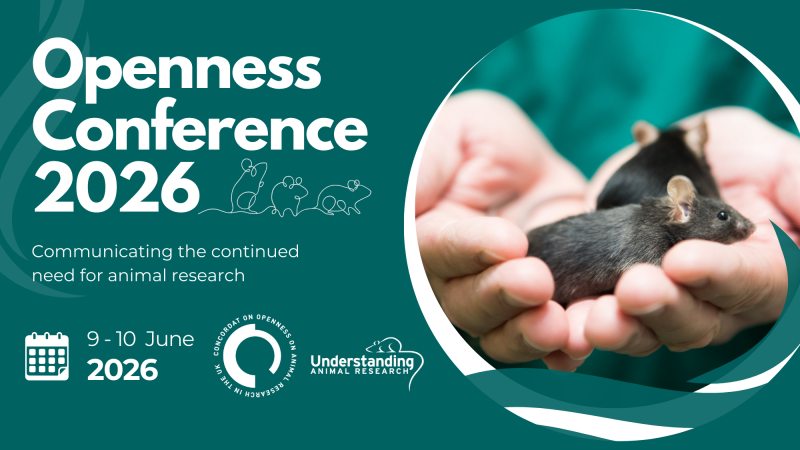
Text to go here...
 Old mice have had their bone marrow rejuvenated after receiving blood supplies from younger mice, a new study has revealed.
Old mice have had their bone marrow rejuvenated after receiving blood supplies from younger mice, a new study has revealed.
During the ageing process fewer cells are fully repaired or replaced. This can lead to muscle damage, bone deterioration and irregular production of blood cells. In particular the bone marrow ‘niche stem cells' can be affected and cannot fulfil their role in nourishing and creating new blood cells.
Now scientists have been able to revitalise the niche cells using the blood of younger mice. Whilst older mice were able to produce more blood stem cells than younger mice, many were flawed and did not repair as effectively as those from younger mice. Researchers realised that older mice produced more myeloid cells which increase the risk of inflammation and cancer. In addition, older mice have a reduction in the number of lymphoid blood cells which aid tissue repair.
In this latest study, the research team looked at two groups of mice. Half were 21 months old and the other half aged only two months. Older mice were joined to younger mice using a process called parabiosis. This involved joining the mice for up to 5 weeks so blood could be exchanged. Results suggested that certain unidentified components of the younger blood caused the reversing effects in the older animals.
These components may block a hormone called IGF-1, which accelerates ageing in niche cells. Previously it has been shown that an injection of antibodies works in the same way by neutralising the hormone.
However blocking IGF-1 is not entirely helpful. The hormone is needed for muscle and bone growth and antibodies may leak, blocking it in unexpected areas. Scientists are looking for ways to refine this experiment by specifically targeting the bone marrow.
Although the ageing of mice cells were reversed, scientists stress that a ‘one-off' exposure to blood would not suffice and that a constant exchange would be needed.
Last edited: 11 January 2022 09:35



